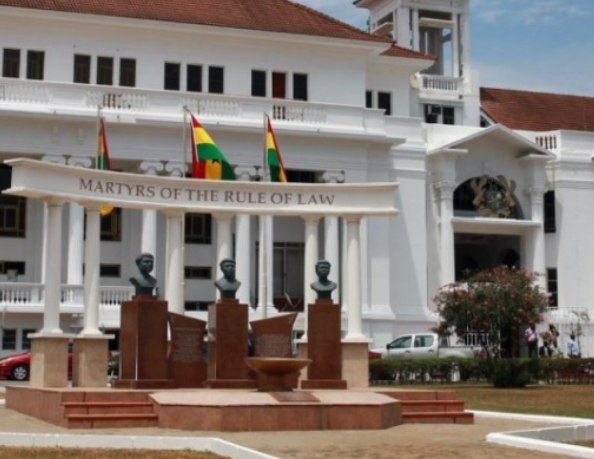Conduct of judges will erode confidence in judiciary, not people’s opinions – Prof. Kwasi Prempeh
The Executive Director for the Ghana Center for Democratic Development (CDD-Ghana), Prof H. Kwasi Prempeh says what will erode confidence in the judiciary is the conduct of the judges themselves, and not what others write or say about them.

The Executive Director for the Ghana Center for Democratic Development (CDD-Ghana), Prof H. Kwasi Prempeh says what will erode confidence in the judiciary is the conduct of the judges themselves, and not what others write or say about them.
Prof. Kwasi Prempeh was speaking on news analysis program, Newsfile on Saturday, in reaction to a letter from lawyers of the Judicial Service warning the media against what it called, inciteful comments against judges hearing the election petition and ordering the deletion of certain content on some news websites.
According to him, the court should not be worried that certain people have been critical of them in unflattering ways but should rather strive to maintain the integrity and fairness of the judiciary through their verdicts.
“Fundamentally, it is important that we maintain confidence and trust in the judiciary. So in my view, it is not what people write or people say, so much as what the judges do.
“And what they do includes how they’re seen to be handling cases and importantly what justification they give for the decisions they make in the case because this is not a black box.
“Judges follow the legal method, there are lawyers, there are academics, and there are other people who understand and read an opinion and understand that okay this is how and why a decision was reached this way.
“While those avenues are available, I don’t think the court or the judiciary should be worried at all that certain persons might have opinions of them or be critical of them in an unflattering way.”
On the same subject, Sekondi MP, Andrews Egyapa Mercer noted that the Judicial Service is right in seeking to protect judges from comments that can incite the public against them.
According to them, Ghana’s tumultuous history gives reason for the judiciary to be wary of such hateful comments.
“When such a correspondent comes out, we need to take a step back and then evaluate what it is that may have been if the correspondent hadn’t come out.
“People have made comments, people have said things that clearly do not under any circumstances go to the root of the decisions that are being delivered by the court,” he said.
The Supreme Court is set to deliver its verdict on the Election Petition, March 4.


